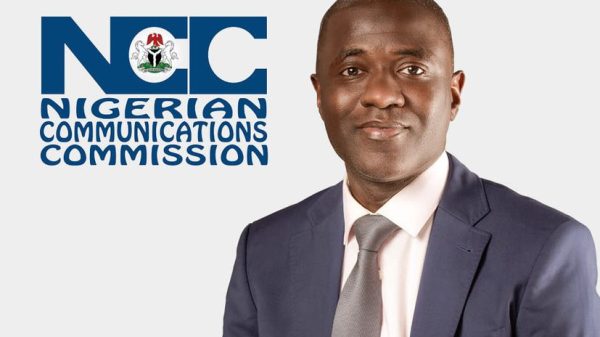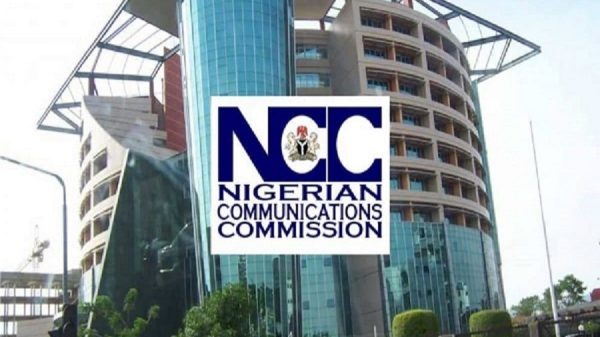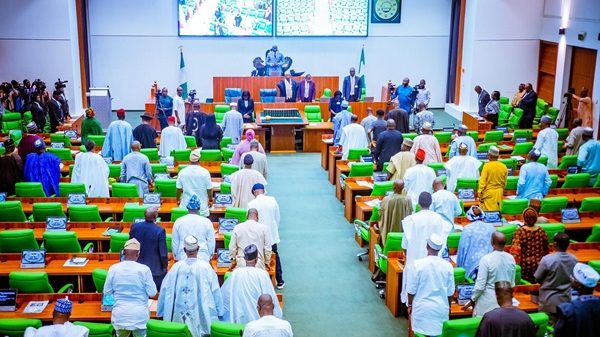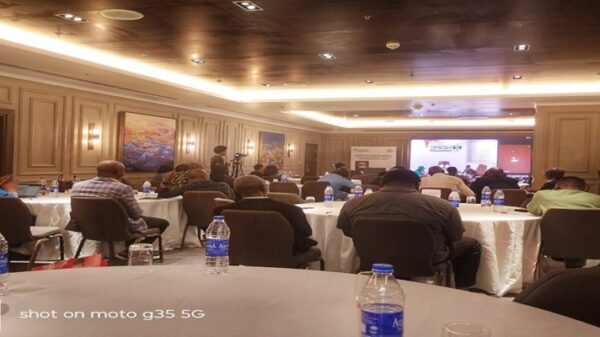By Lukman Otunuga, Senior Research Analyst at FXTM,
Africa’s largest economy has descended into its second recession in less than five years as oil production dropped to a four-year low.
Nigeria’s GDP shrank 3.62% in the three months through September from a year earlier, compared with the 6.1% contraction witnessed in the previous quarter. As Oil production fell to 1.67 million barrels a day amid OPEC supply cuts and prices struggled to break away from the sticky $40 level, export earnings evaporated. Although crude contributes to less than 10% of Nigeria’s GDP, it accounts for roughly 90% of foreign-exchange earnings and half of the government revenues. Essentially, the collapse in oil prices in the wake of the pandemic has drained government coffers.
The economic picture remains clouded by external and domestic risks. While Dollar shortages continue to punish the private sector, rising inflationary pressures amid border closures and Covid-19 related disruptions have hit consumers. Although the Central Bank of Nigeria has devalued the Naira by 20% in 2020 in an effort to unify its exchange rates, the Naira could be poised to decline further as falling reserves complicate the Central Bank of Nigeria’s (CBN) efforts in defending the local currency.
All eyes will be on CBN interest rate decision on Tuesday which is expected to conclude with interest rates left unchanged at 11.5%. It will be interesting to see whether the Apex bank enforces any unconventional monetary tools to stimulate economic growth.
In regards to the Naira, it is trading around N484 against the Dollar on the parallel markets. This is its weakest level in more than six weeks as the central bank’s intervention in the official window failed to meet demand.
Outside of Nigeria, global rating agencies Fitch and Moody’s both downgraded South Africa’s sovereign credit rating further into junk on Friday evening.
Moody’s downgraded South Africa’s credit rating one notch to BA2 and maintained a negative outlook, while Fitch downgraded the country’s credit rating from BB to BB- with a negative outlook. Such an unfavourable development comes at a time where the country is dealing with rising government debt exacerbated by negative economic shocks. Given how the credit downgrades will most likely raise the cost of borrowing and constrain the fiscal framework, the outlook remains discouraging. It must be kept in mind that higher borrowing costs may impact social spending or result in higher taxes – developments that may not bode well for Africa’s most industrialised economy.
Outside of Africa, all eyes will remain on the tensions between the Fed and US Treasury, surging coronavirus cases in Europe and the United States, continued delay in the transition of power to President-elect Joe Biden and ongoing US fiscal stalemate.
![]()



























































